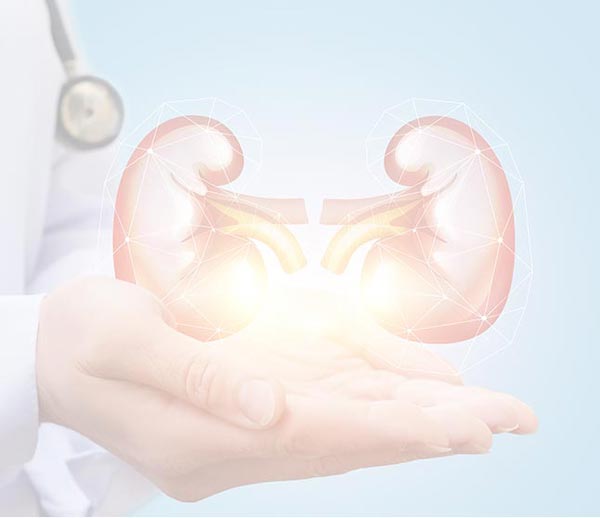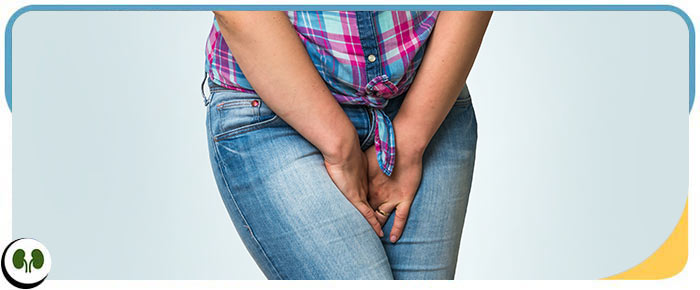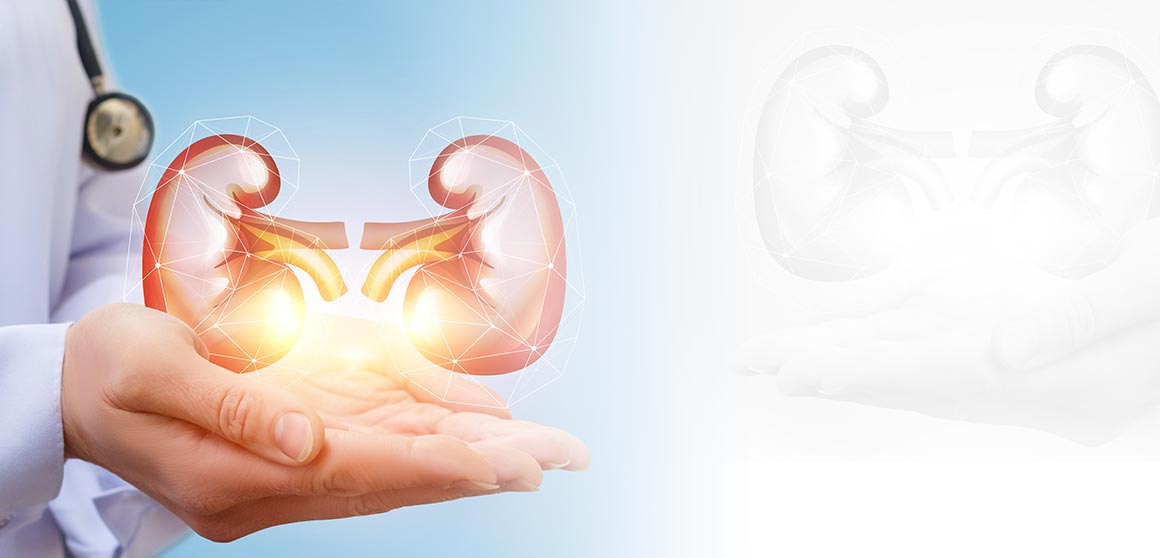Home » Smithfield NC Stress Urinary Incontinence Specialist Treatment
You cannot copy content of this website, your IP is being recorded
Stress Urinary Incontinence (SUI) Treatment Specialist in Smithfield, NC
As urinary incontinence treatment specialists, we are dedicated to helping individuals manage and overcome the challenges of incontinence. We utilize a range of effective solutions from lifestyle modifications and pelvic floor exercises to medical interventions to improve quality of life and restore confidence. With a compassionate approach, we ensure our patients feel supported throughout their journey to better bladder health. Contact us to make an appointment with our urologist. We are located at 507 N Brightleaf Blvd #205, Smithfield, NC 27577.

Additional Services You May Need











